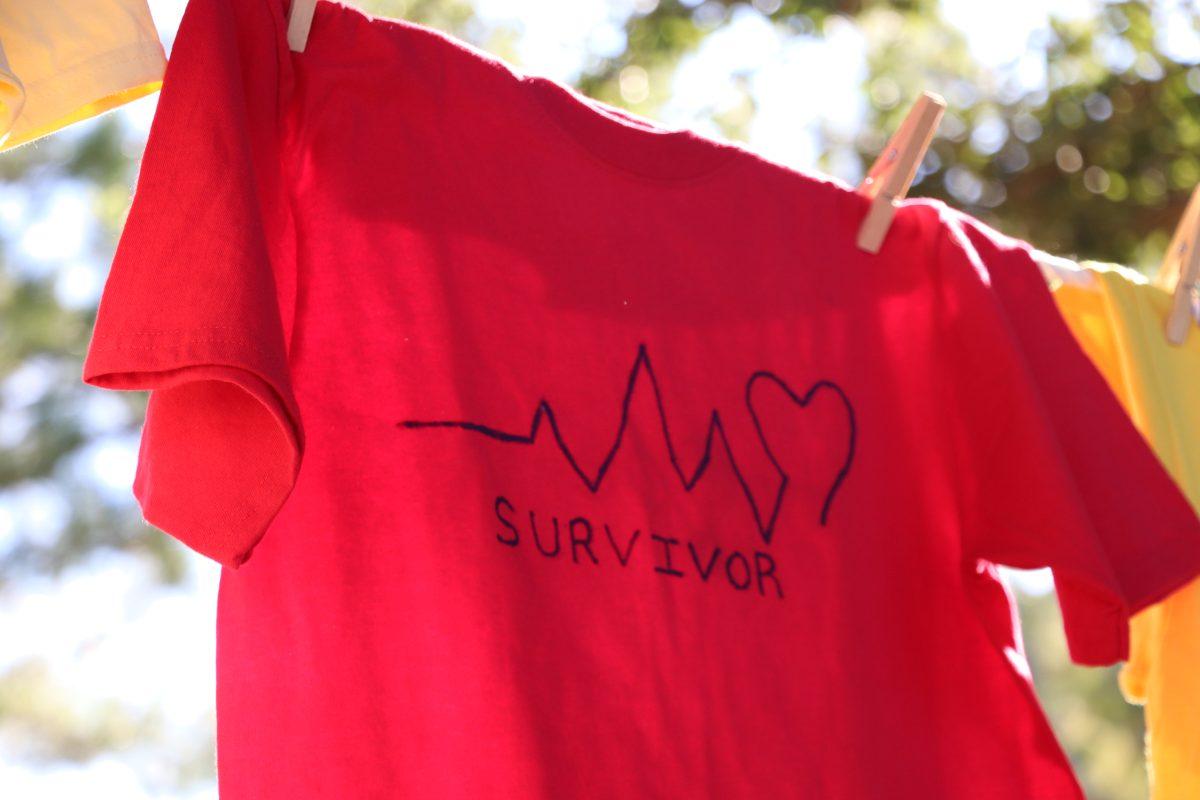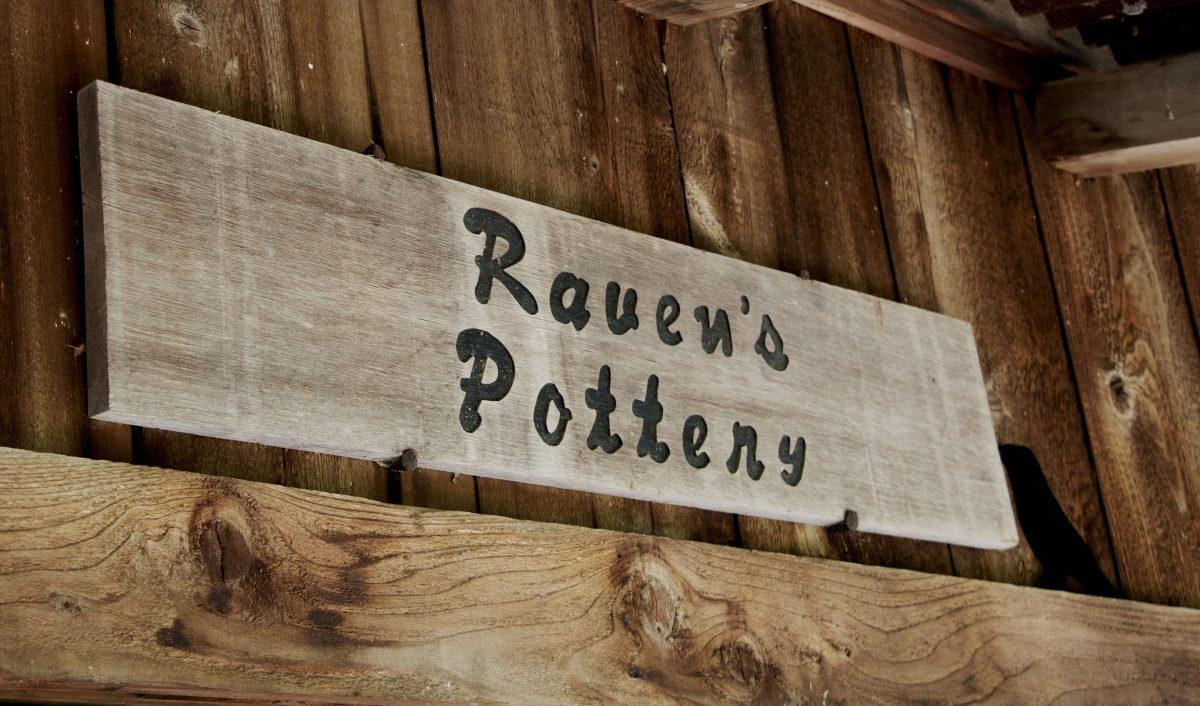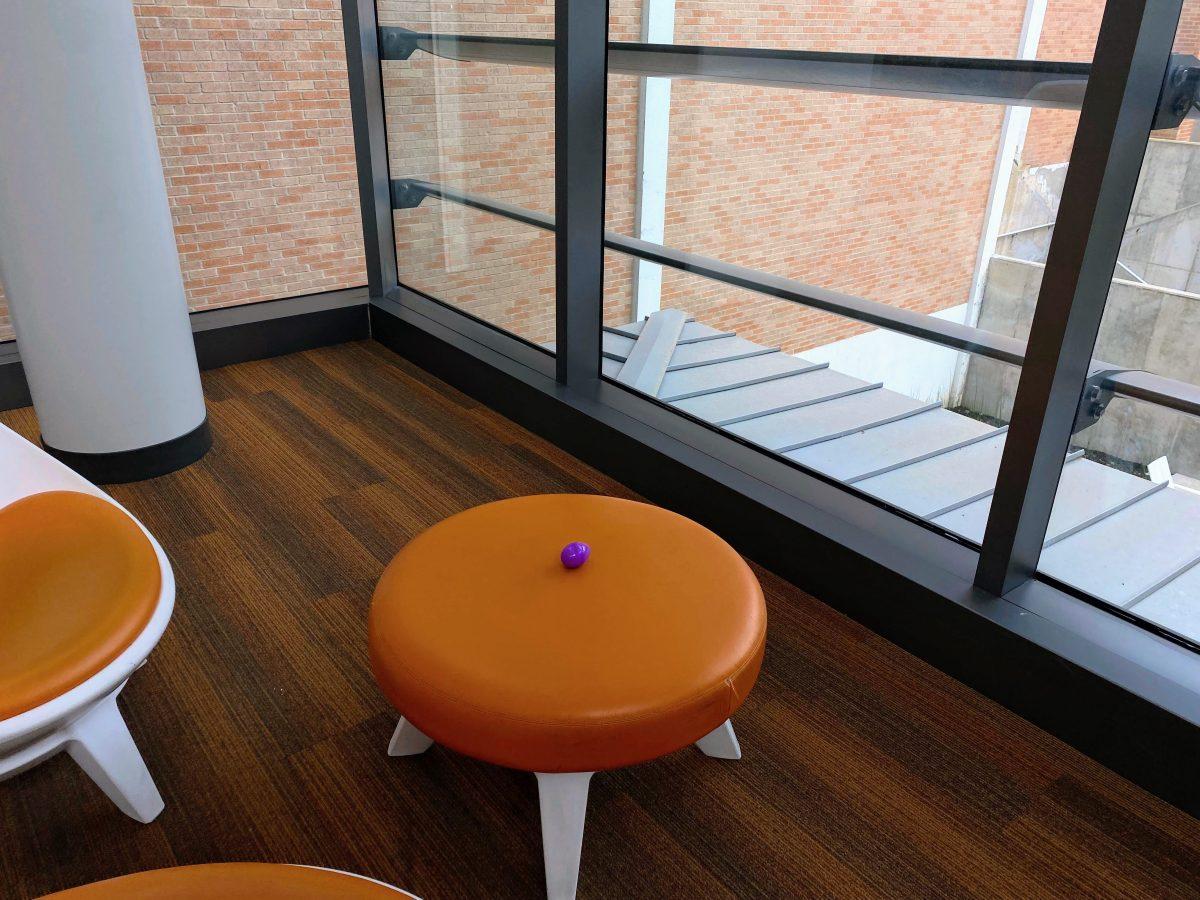
The phrase “love hurts” alludes to the fact that sometimes our hearts are fragile, and people can be emotionally broken, but love should never allow one to be physically broken or hurt. In recognition of Domestic Violence Awareness Month, The Department of Victim Studies with the Criminal Justice College hosted a panel of experts and allies to educate students on assisting domestic violence survivors on Oct. 22.
Survivors of domestic abuse can range from infancy to the elderly. Race, gender and even social class are not immune. With that being said, survivors are often neglected in society.
Many survivors are forced to retreat in the shadows to escape the ridicule and pressure of what others may say or think. The panelist explained that inclusivity is extremely important when understanding domestic abuse.
“We have to help victims to understand that the law is written to protect them,” clinical associate professor and director of the Crime Victims Institute Dr.Mary Breaux said.
One of the most vulnerable populations to abuse are those with physical or developmental disabilities’ type of infirmities they endure may also impact their ability to escape and seek resources. Also, the abuser is often the caregiver so there is a fear of losing care and stability.
“You’re constantly living in a state of fear so th.at creates a natural anxiety that you’re living inconsistently,” SAAFE House correspondent Tracy Szymczak explained.
Another group affected by abuse is survivors with non-citizenship status. The abuser will often deceive the abusee because they are not a citizen. They may threaten them with deportation, taking away their children or even leading them to believe the law is on the side of the abuser.
“In reality, if you contact a domestic violence shelter, they cannot legally ask about deportation status, and if they do ask, it can only be in the context of wanting to assist you in obtaining citizenship,” Szymczak said.
One of the least talked about in the population of survivors of abuse are males.
“A lot of times male victims can feel shameful,” Szymczak explained. “Society makes them feel like you have to be a man and you can’t be abused in any way.”
The panelist left students with one message; empathy is paramount when dealing with survivors of domestic abuse.












